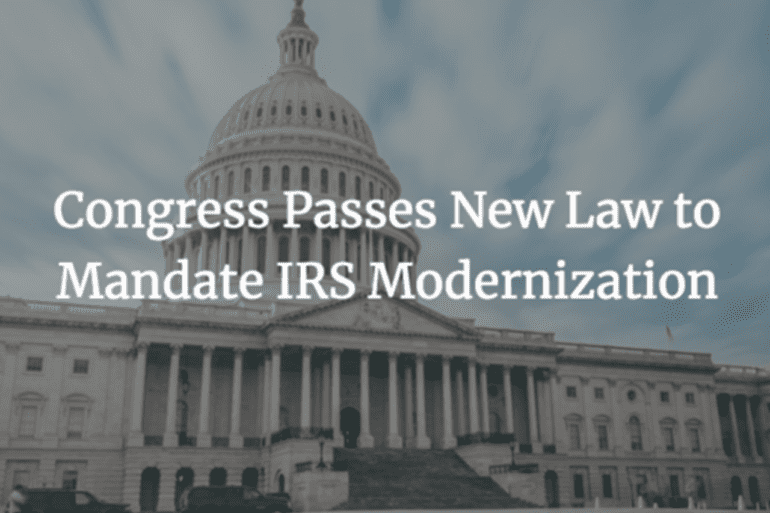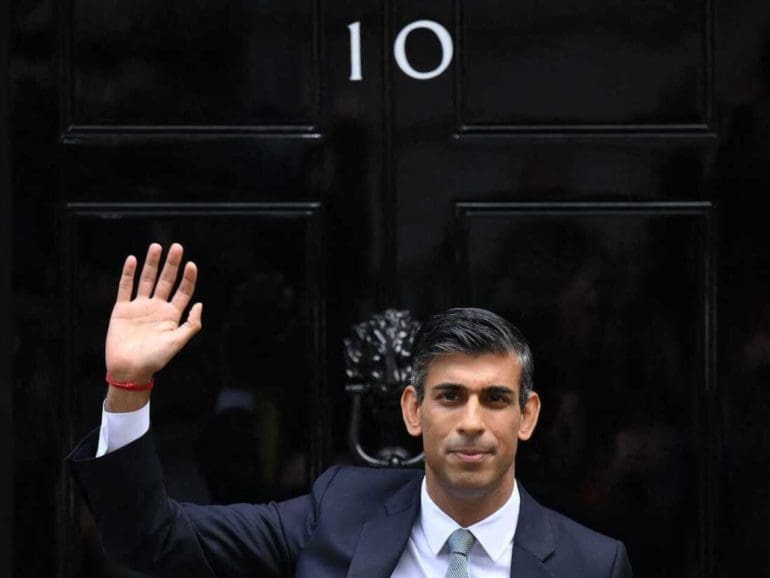To really address the racial wealth gap fintech companies need a new mindset. Traditional products, even with a fintech twist, are not making a big enough difference.
A group of House Republicans has sent a letter to Comptroller Thomas Curry requesting his agency slowdown its plans for a fintech charter; the letter was signed by House Financial Services Committee Chairman Jeb Hensarling and 33 other House Republicans; it primarily suggests that stakeholders are not receiving an appropriate amount of time to comment on the full details of the fintech charter and that there is potential for the fintech charter to be overturned by Congress. Source
It seems that regulators in Pennsylvania have had some misgivings about p2p lending. So, the PA Securities Commission issued this...
The US Senate's Banking Committee majority leader says a full reform of Dodd-Frank is unlikely but the Committee will seek to pass targeted reforms; the Banking Committee majority leader also sees larger regulatory changes coming mainly from the independent agencies; the outlook means the Financial Choice Act led by House Financial Services Committee Chairman Jeb Hensarling is also unlikely to be passed in the Senate; "The Choice Act is our omnibus legislation, but we will also reintroduce its component bills," says Hensarling; a previous executive order from President Trump which halts new federal regulations or requires regulators to repeal two rules for every new one issued is also slowing the regulatory process. Source
When LendingClub’s founder and then CEO Renaud Laplanche testified before congress in December 2013 he was asked what the federal...
As chancellor in 2020, Sunak requested a review of the UK's fintech sector, also known as the Kalifa Review, published in February 2021.
Anew approach to the FCA and how they interact with fintech, focusing on fostering innovation, being intelligence-led, and preparing for the future.
Digital ID verification tools must respond quickly and accurately, even as fraudster methods change, Sumsubs's chief legal officer says.
Parliament and the Council agreed to track crypto transfers continuously and block suspicious transactions in a provisional agreement.
Three questions for former CFPB Deputy Director Raj Date Earlier this month, Department of Government Efficiency (DOGE) czar Elon Musk...








